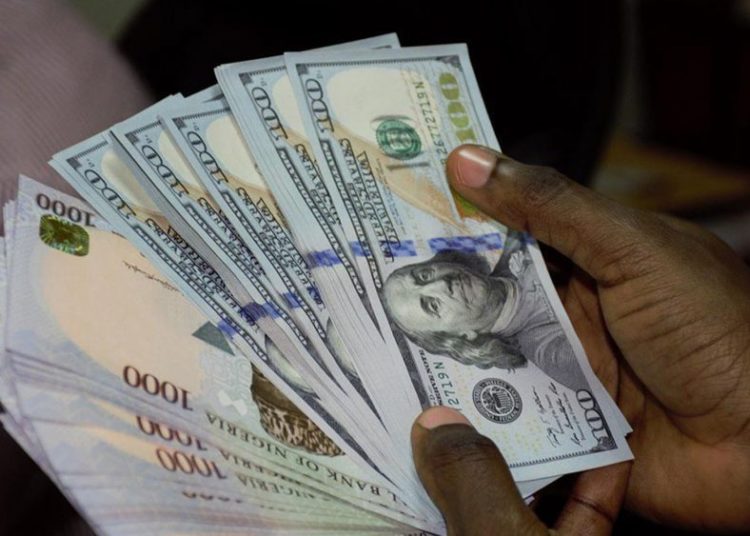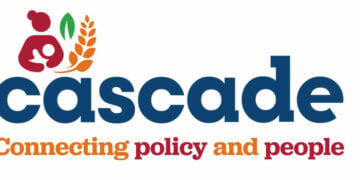The value of the naira appreciated at the Nigeria Autonomous Foreign Exchange market (NAFEM) as the government began to take steps towards salvaging the currency, yesterday, after the previous day’s depreciation at the official market.
At the end of trading activities at the market which is also called Investors’ and Exporters’ window (I&E), the naira had appreciated by 2.9 per cent closing at N1,551.24 to the dollar as against N1,598.54 which it closed at the official end of the market on Monday.
This is as the Office of the National Security Adviser (ONSA) and the Central Bank of Nigeria (CBN) have teamed up to clamp down on forex speculators across the country in order to address the challenges impacting the nation’s economic stability.
Inflow at the market rose from $68 million which the market saw on Monday to $117.32 million by the close of business on Tuesday. Intraday trading saw the naira trade as low as N1,701 to the dollar and as high as N1,100 to the dollar
The forex crisis has led to economic distress in recent times, sparking protests across the country as citizens can no longer afford basic needs.
The CBN and the government are working to curb the activities of speculators in the market.
Last week, the naira had depreciated by 4.4 per cent against the dollar at the official end of the market to close at N1,537.96, while it closed trading at the parallel market at N1,625 to the dollar, a 9.5 per cent depreciation compared to what it opened last weeks trading.
Meanwhile, a statement by the head, Strategic Communication, ONSA, Zakari Mijinyawa, said the partnership was aimed at safeguarding Nigeria’s foreign exchange market and combat speculative activities.
“This partnership will involve a coordinated effort with key law enforcement agencies, including the Nigeria Police Force (NPF), the Economic and Financial Crimes Commission (EFCC), the Nigeria Customs Service and the Nigeria Financial Intelligence Unit (NFIU).
“The primary objective of this alliance is to systematically identify, thoroughly investigate and appropriately penalise individuals and organisations involved in wrongful activities within the FX market.
“By leveraging the expertise of these agencies, we aim to deter malicious practices, protect investor interests, and promote sustainable economic growth.
“This joint effort underscores the commitment of the Nigerian government to improving its Anti-Money Laundering and Counter Financing of Terrorism (AML/CFT) framework and exiting the grey list of the Financial Action Task Force.
In addition, the efforts will make progress in ensuring a stable and transparent foreign exchange market, fostering investor confidence, and advancing the nation’s economic well-being,” Mijinyawa stated.
He noted that the CBN’s proactive measures to stabilise the foreign exchange market and stimulate economic activities have been commendable.
He, however, said the effectiveness of such initiatives were being undermined by the activities of speculators “both domestic and international, operating through various channels, thereby exacerbating the depreciation of the Nigerian Naira and contributing to inflation and economic instability.”
He recalled further that as part of efforts to address the exchange rate volatility, CBN initiated a comprehensive strategy to enhance liquidity in the forex market, including unifying FX market segments, clearing outstanding FX obligations, introducing new operational mechanisms for Bureau De Change (BDC) operators, enforcing the Net Open Position limit for commercial banks, and adjusting the remunerable Standing Deposit Facility cap.
The statement also stated that the EFCC has raised a 7,000-man special task force across its 14 zonal commands to clamp down on dollar racketeers in order to reduce pressure.
“Yet, recent intelligence reports have highlighted continued illicit activities within the Nigerian foreign exchange market, the ONSA and CBN are therefore embarking on this collaborative approach to tackle these infractions,” he declared.





